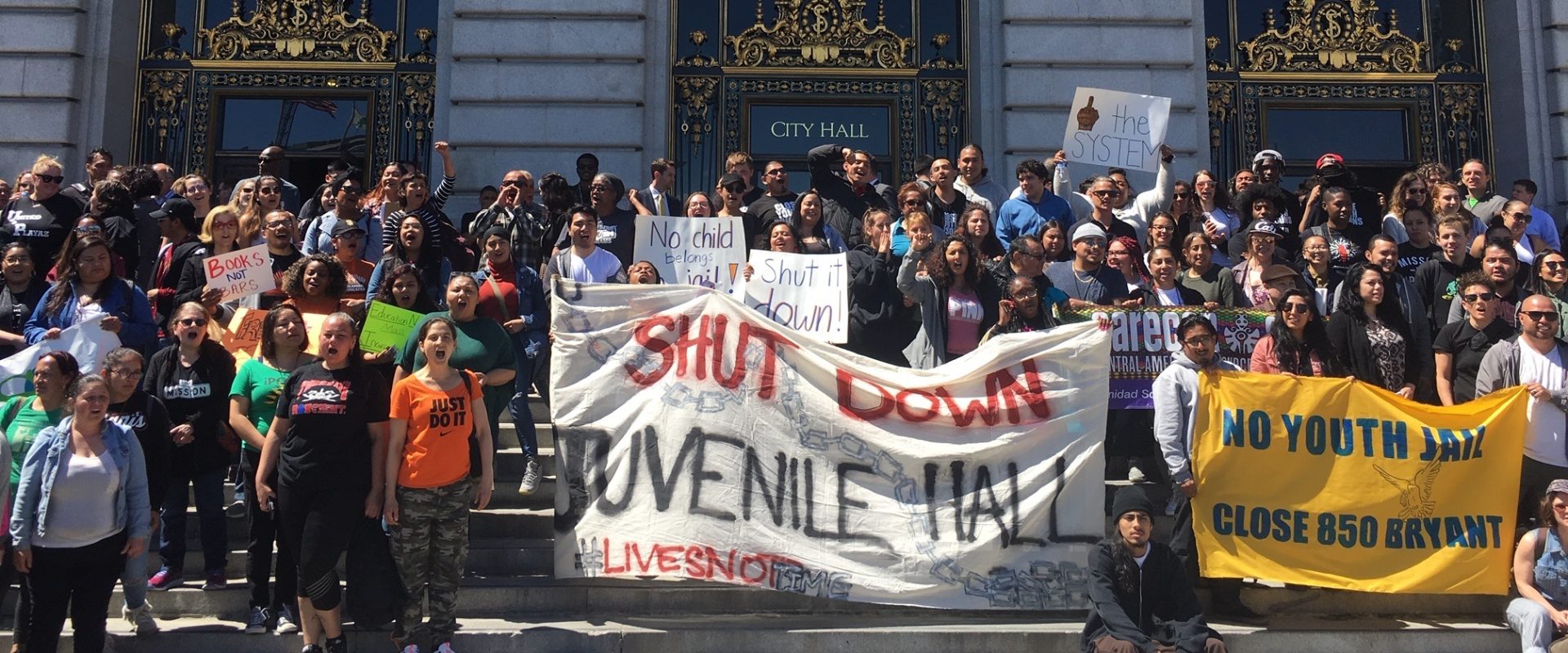Blog Jan 31, 2013
CJCJ presents at WSC Conference 2013
On Saturday, February 9, 2013, CJCJ will present at the Western Society of Criminology Annual Conference in Berkeley, CA.
NCCD President Alex Busansky facilitated a conversation, between San Francisco District Attorney George Gascón and Philadelphia District Attorney Seth Williams, on recent justice reforms in their respective jurisdictions. The topic is of particular relevance to reform-minded criminal justice professionals, given the transformational role prosecutors can play.
On January 23, 2013, the San Francisco Police Commission held a public hearing to discuss the city’s arrest data. The result was a refreshing openness to examining the city’s arrest trends for racial disparities and a willingness to work with independent researchers in the community.
Blog Jan 24, 2013
Community-based practices that repair harm
In the field of juvenile and criminal justice you often hear a buzzing in your ears and it’s the sound of buzz words like “restorative justice.” Words highlighting model practices are often utilized widely in this field, but what do these practices really mean. What do these practices really look like when implemented in the community?
Blog Jan 22, 2013
Even for violent crimes, longer is not always better
If California hopes to fix its correctional crisis, it needs to broaden its outlook on sentencing reform to address not only low-level offenders, but also those who have committed serious and violent crimes. In my last post , I wrote that such offenders are spending more and more time behind bars, and that much of this increased time is due to harsh sentence enhancements like “Three Strikes and You’re Out” and 10 – 20-Life — “Use a Gun and You’re Done.” These enhancements come at a huge cost to…
